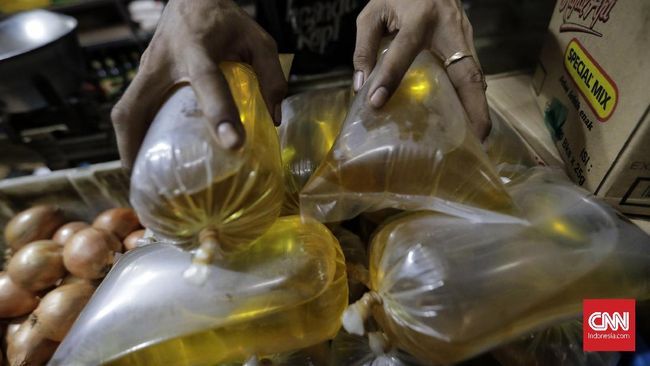According to analysts, concerns about the president’s interventions in the economy and the functioning of the central bank are behind the fall in the lira’s exchange rate. Despite high inflation, the key interest rate is expected to fall further in Turkey this week.
Shortly after noon, the dollar sold for about 14.10 lire and added 1.9 percent against Friday’s close. In the morning, however, it climbed to 15 lira, which showed a growth of about 7.3 percent. The lira erased part of the losses after the news that the central bank had started selling dollars in order to create demand for the Turkish currency.
A year ago, the dollar sold for about 7.90 lira. In the last year, its value has fallen by about half and since September this year alone, the decline is about 40 percent. The fall in the exchange rate has triggered an even stronger wave of inflation in a country with a large emerging economy that is dependent on imports.
The central bank is trying to curb the fall of the currency, having intervened several times since the end of November. The Turkish currency thus remained below 14 lire per dollar until Friday. Monday’s intervention is the fourth in two weeks.
–
“The relative stability of the Turkish lira last week was only artificial and could not last. Now you can see how the accumulated pressure is easing and how the weak currency is sinking to the bottom, “said analysts at the German financial institution Commerzbank. “Any further attempt by the central bank to stabilize the lira with interventions is likely to fail again,” they added.
Erdogan is pushing for low interest rates
Turkey’s central bank is under strong pressure from President Erdogan to cut interest rates. At the Bank Board meeting on Thursday, the key interest rate is expected to fall by another percentage point, bringing the key rate to 14 percent. The bank is cutting rates despite the fact that inflation in Turkey rose above 21 percent in November. Central banks in other countries, on the other hand, are raising rates amid high inflation.
Given how strongly the lira fluctuates, but views on the central bank’s approach are not unanimous. Some analysts believe that the bank will not reduce rates by a whole point. “Honestly, I don’t think they will be able to cut another 100 basis points this week. Lira has been fluctuating sharply in recent weeks and the rating agency S&P has already worsened their outlook on the negative. The markets would not tolerate such a step much, “added Ipek Ozkardeskaya, chief analyst at Swissquote Bank.
–
The central bank has cut its key interest rate by 400 basis points since September, or from 19 to 15 percent. Such a move is a concern for both investors and savers. For the people of Turkey, the subsequent sharp depreciation of the exchange rate is a significant impact on family and corporate budgets and means that they will have to cut spending and investment plans.
Ratings at risk
On Friday evening, the S&P agency confirmed Turkey’s main credit rating at B +, but worsened the outlook to negative. She justified this by unclear developments in monetary policy and growing external risk. This means that the agency could later lower the main rating. The rating agency Fitch has recently joined in, warning that it could downgrade thirteen Turkish banks. Last week, she warned against lowering the country’s main rating.
“We believe that risks to macroeconomic and financial stability as well as external financing could increase the likelihood that the government will intervene in the banking system,” Fitch analysts said in a report on Friday.
–
The cost of insuring the risk that Turkey will not be able to repay its obligations to creditors continues to rise. The price of five-year credit default swaps, which investors most often use for these purposes, rose by one point to 503 basis points around noon. This reached a weekly high, according to IHS Markit. So if someone wants to fully insure a ten million dollar investment in Turkish government bonds, the annual insurance will cost him 503 thousand US dollars, ie over five percent of the amount invested.
President Erdogan has said several times that he is in favor of continuing to cut interest rates. At the same time, it seeks to enforce a new economic plan that prioritises growth, production and exports. Reuters called the president’s plans risky, but economists and opposition politicians are also widely criticized.
– .


